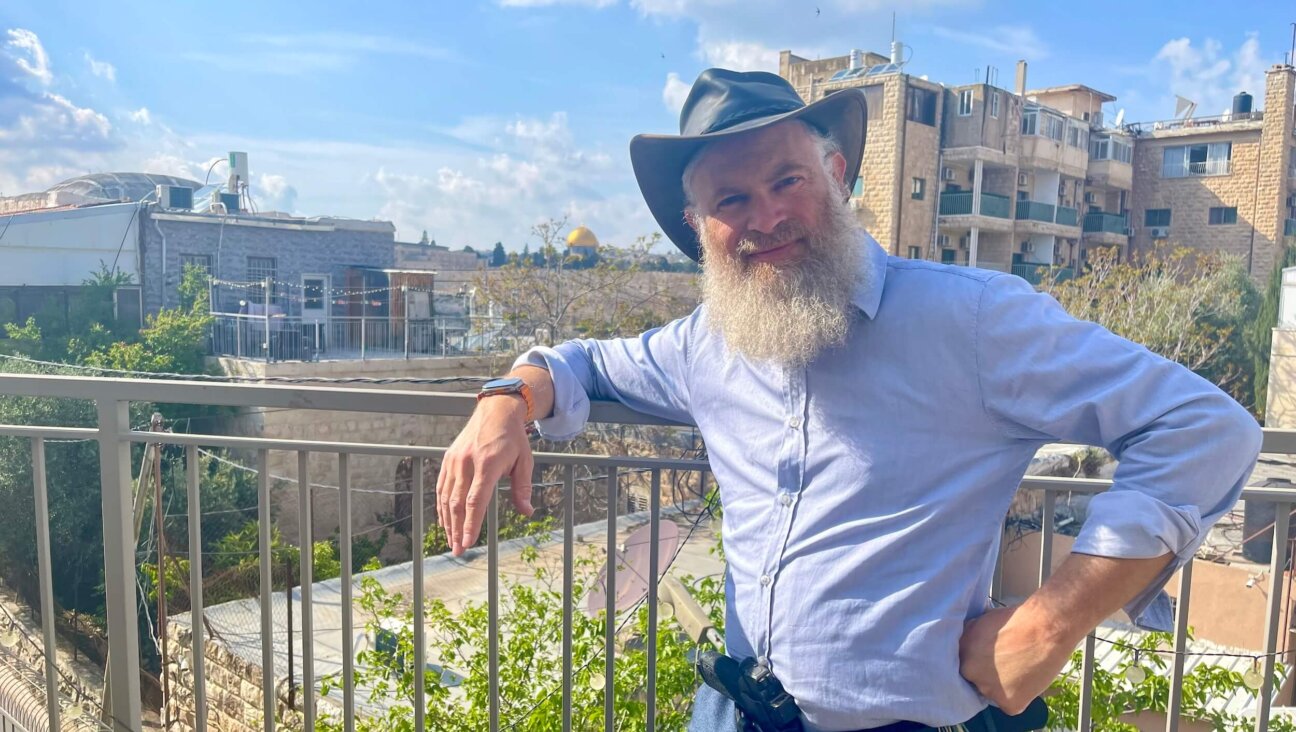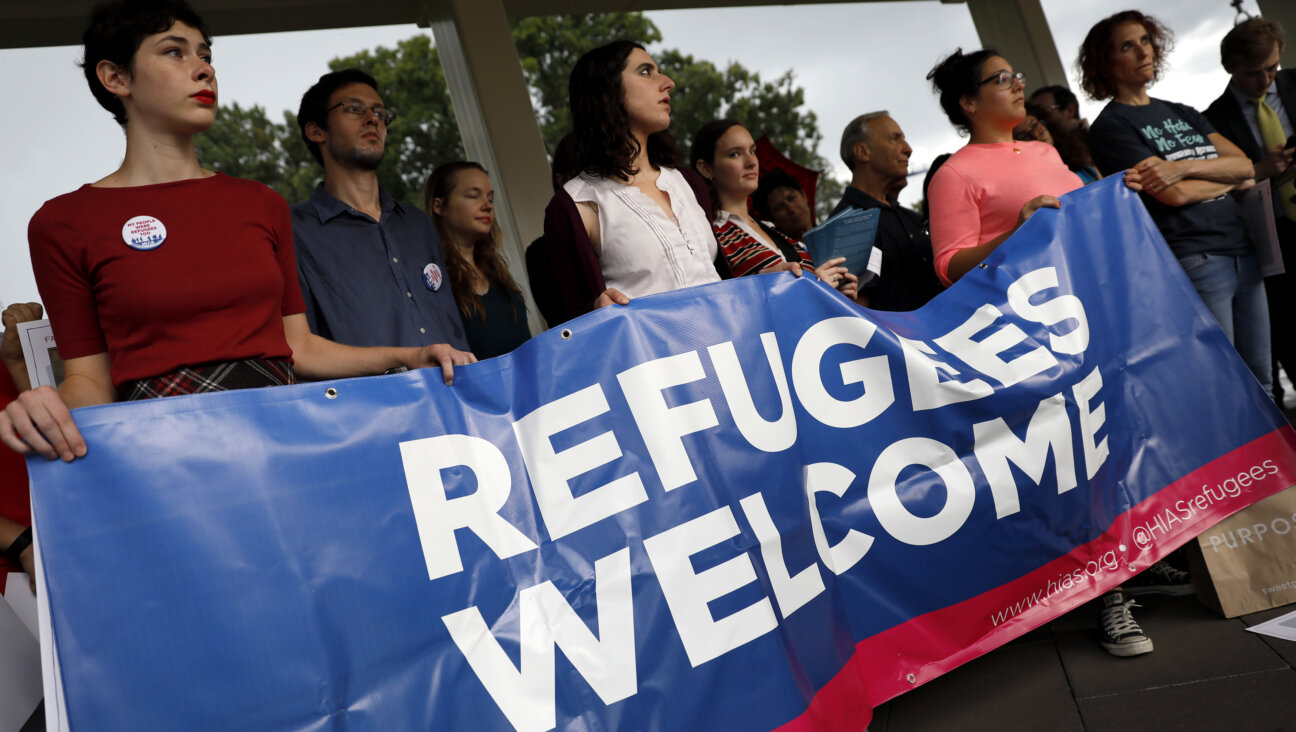In Central Park, runners race against time for Israeli hostages
Run For TheIr Lives of Manhattan strives to ‘Bring Them Home Now’ in a marathon of hope

Graphic by Angelie Zaslavsky
At first glance, the march could have been mistaken for any of dozens of other protests demanding the release of the Israeli hostages still held by Hamas — people waved Israeli flags and someone held a sign that read “We won’t stop until they’re all back” with pictures of the 128 hostages. Except at this march — held on a recent Sunday in Central Park — the demonstrators wore athletic outfits, ready to run 1.5 miles on the Bridle Path while chanting “Bring Them Home Now.”
Run For Their Lives Manhattan, a group with 52 locations worldwide, has been running for eight consecutive Sundays and its organizers say they’ll keep going until the last hostage has been freed.
Attendees at the Central Park marches have mainly been members of the Israeli and Israeli-American community in New York City ranging from children under the age of 10 to the elderly.
On the Sunday I attended, nearly all wore T-shirts and sweatshirts with “Bring Them Home Now” in large print. Members of six hostages’ families, who came to the United States from Israel for ten days to campaign for the release of their relatives, also joined. “I have not heard from my sister Romi since Oct. 7. For security reasons, the other hostages have not been able to share any information about her, but we know she is alive and still fighting. I know she’s a light for the other hostages who are with her,” Darya Gonen, 18, told me before the run.
Both before and after the march, the hostages’ family members asked attendees to press all their acquaintances to call for the release of their loved ones.

Among them was Natalie Ben Ami, 18, whose mother Raz, 57, was freed by Hamas two weeks ago. “She came back and said she had a terrible life, only a piece of bread a day, and the terrorists told her repeatedly how dirty she was because she had lice, accusing her every day that she had brought them from Israel. Now we keep telling her that she is actually loved,” Ben Ami said, adding that her father Honan, 55, who was kidnapped on the morning of Oct. 7 with his wife while they were still in bed, is still being held hostage in Gaza.
Ehud Eisenstein, one of the main organizers of Run For Their Lives Manhattan, said that attendance at their events has continually grown. “The first time we were here we were just 50 people, the next Sunday we were 100, then 250, and today we are almost 400,” he told me.
“Being a lonely Israeli in New York has been too hard, and this is an occasion to see the families of the hostages in person. There are a lot of Jews that have really powerful positions that can do so much. I want to tell them to do whatever they can and not to be afraid of backlash. We need them, this is the time we need them the most,” said Nitsan Sehwaber, 22, an Israeli student who went to the march with her friend Yrina Faina, 22, also a student.
“I know people that died and were kidnapped. I can’t stop thinking about that,” Faina said, tightly gripping a sign with a picture of Ofer Kalderon, 53, who was abducted Oct. 7 by Hamas.
As the walkers and runners marched around Central Park, supporters on either side of the path cheered them on, shouting “Am Yisrael Chai” or “Bring Them Home Now,” although more than once their chants were interrupted by pro-Palestinian passersby shouting “Palestinian Lives Matter” or “Ceasefire Now.”
Back at the starting point at 90th Street and Central Park West, participants greeted and thanked the hostages’ families, singing Israel’s national anthem and waving Israeli flags on their way home. “I don’t want to be here anymore,” Ehud Eseinstein said. “We want to see the end of it. We want the Israeli government to strike a deal with Hamas and get the hostages out. We want the UN and other organizations to press Egypt, Qatar and Saudi Arabia to get involved. We will go on every Sunday until the point in which all the hostages will be liberated.”























